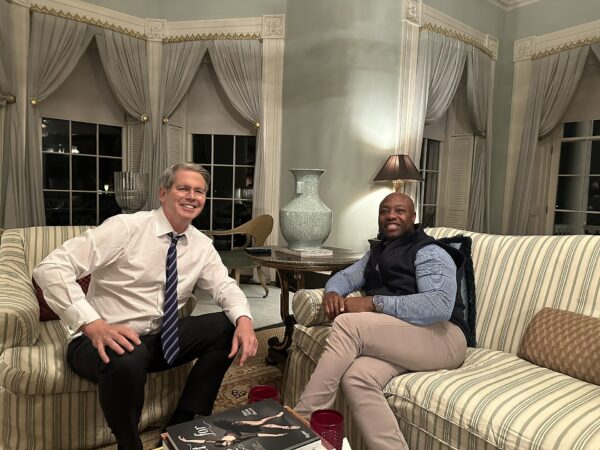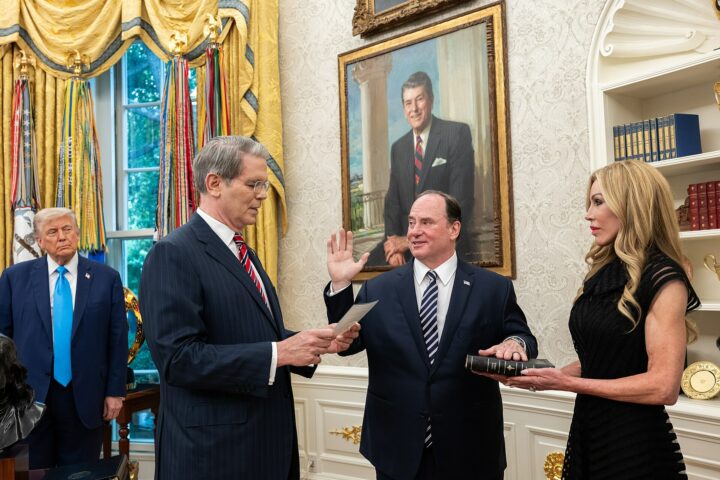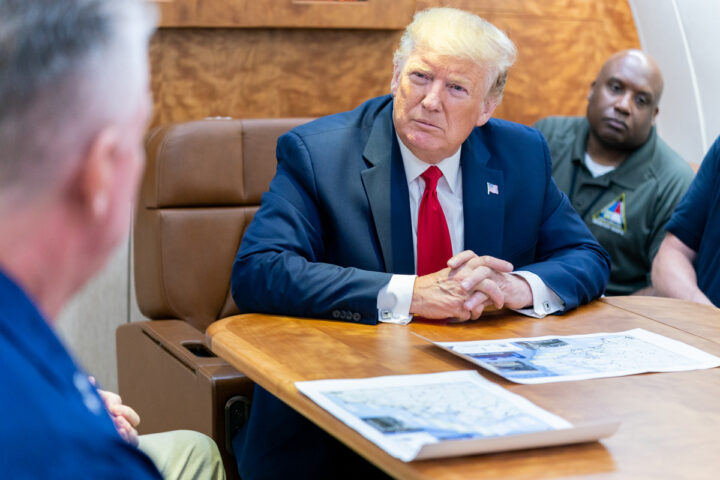Scott Bessent reportedly spoke for tariffs and proposed the extension of tax cuts during his confirmation hearing as President-elect Donald Trump’s nominee for Treasury Secretary before the Senate Finance Committee.
No Democrats pledged their support for him on Thursday, and they voiced concern regarding several aspects of his speech.
Republicans lauded Bessent, and in the GOP-dominated Senate, Bessent is poised for imminent confirmation following Donald Trump’s inauguration.
Below are key insights from Bessent’s confirmation hearing:
Bessent engaged in discussions regarding tariffs and provided insights into the anticipated approach of the Trump administration over trade levies.
Bessent stated that Trump’s tariffs will typically serve three reasons, in response to inquiries from Sen. Todd Young (R-Ind.).
The initial focus will be on “unfair trade practices” by foreign countries, including the tariffs imposed by Trump on China and the duties he enacted on steel from many nations during his first term.
Bessent stated that broader tariffs could serve as a “revenue generator” for the federal budget.
Congressional Republicans, along with numerous members of the incoming administration, aim to utilize tariff income to mitigate the expenses associated with the extension of Trump’s tax cuts.
Bessent stated that tariffs can serve as instruments for negotiation, occasionally for purposes outside commerce.
Trump recently threatened to implement 25% tariffs on Canada and Mexico if they failed to resolve border concerns with the U.S.
Those tariff threats may serve as a substitute for economic sanctions, which Bessent indicated Trump perceives as excessive.
Bessent attempted to alleviate apprehensions regarding Trump’s tariff proposals—especially his commitment to universal duties on imports—suggesting that currency fluctuations and the actions of foreign exporters would mitigate price escalations.
Bessent contended that a 10% universal tariff would result in a 4% appreciation of the currency, so preventing the complete transfer of the tariff burden to consumers.
Moreover, international manufacturers—especially in China—may reduce their prices to maintain market share, so further mitigating the effect of the taxes on consumer costs, he stated.
Bessent also stated he will urge the Chinese government to adhere to the stipulations of the Phase One trade agreement it struck with Trump during his initial term.
Bessent stated that the Biden administration failed to enforce provisions mandating China to purchase American agricultural products, asserting his intention to advocate for adherence to these commitments if confirmed, and possibly exert pressure on Beijing for a “catch-up provision” to address the previous four years.
He did not dismiss the possibility of a carbon tariff being included in a broader trade agreement.
[READ MORE: Dana Perino Shreds Biden Over Tone Deaf Farewell Address]








